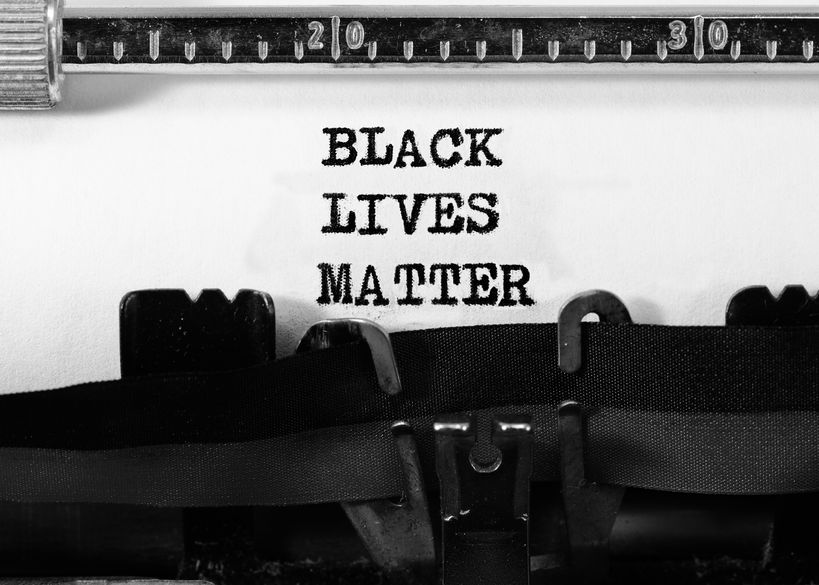
Just over a decade ago, when I was an intern with Colorlines magazine (now Race Forward), my main task was to help build the framework for “Drop the I-Word” — a campaign to change journalistic copy-editing conventions across the U.S. We sought to have The Associated Press (AP) and news outlets cease using the word “illegal” to describe undocumented immigrants. This effort helped ignite a discourse that wasn’t there before, at the level of language. Part of my role was to conduct a literature review around the problematic term, summarizing key works of scholars in immigration law and Critical Race Theory (CRT) and writing various articles on racial inequity. Many journalists hopped on board the conversation, which was empowering to see.
Fast-forward to our present-day: news has it that CRT as a framework for understanding race is being actively banned from American K-12 schools (Texas, Idaho and Tennessee were some of the first states to pass laws banning the teaching of CRT in their schools and universities). Conservative critics accuse the theory (less a theory proper and more a critical lens) of promoting divisive ways of thinking. In this erroneous view, inequity should be taught as a result of discriminatory choices made by individuals in a free and democratic society, and not as something systemic and supported by present institutions, like the police. I can’t think of anything scarier than lawmakers editing history in this way, making it seem as though intersectionality itself is meant to divide. It is tiring to think that a year after the brutal murder of George Floyd, even as violence against people of colour continues to emerge, that we would go so far as to outlaw a whole field of study fundamental to many working in equity, diversity and inclusion (EDI).
There is a lot of work to be done. The 2020 #PublishingPaidMe campaign (begun by author L.L. McKinney) revealed and put into public knowledge the crude truth that Black authors are paid differently than white and other non-Black authors. This is on top of a continued lack of BIPOC (Black, Indigenous and people of colour) professionals within the industry, or at least in the visible sense. Publishing houses promise to promote more books by BIPOC, and we agree that selling our work to a wider public is good. A greater rotation of BIPOC editors, especially in-house, to edit those works would be even better.
I use what I don’t see as a basis for what comes next. At Editors Canada, a lot of work went into the launching of our inaugural Equity Fellowship, designed to support editors who have traditionally been excluded by the publishing and editing industries, including editors who are BIPOC, 2SLGBTQIA+, neurodiverse and disabled.* Establishing the fellowship was not an easy task to perform while grappling with racial violence, with a pandemic, with trying to make ends meet.
If everyone participates in EDI, then BIPOC editors and authors can spend less time performing equity damage control and more time networking with fellow BIPOC editors and authors, curating important relationships in community. For those who work in publishing and other editing-related fields, ask yourself if there is one thing you can do to amplify the voices of BIPOC editors around you. Does your company have an equity task force? Special measures for removing barriers in the hiring process? Representation of equity-seeking groups on boards? Are the needs of volunteers being met? Is there a diverse range of freelance editors from which to choose from? How about sensitivity readers? Who will be involved in updating the company style guide, and who is expected to keep up with changes in language when it comes to markers of identity?
___
The Editors’ Weekly is the official blog of Editors Canada. Contact us.
*Author and disability activist Amanda Leduc explains identity-first versus person-first language.
Discover more from The Editors' Weekly
Subscribe to get the latest posts sent to your email.
